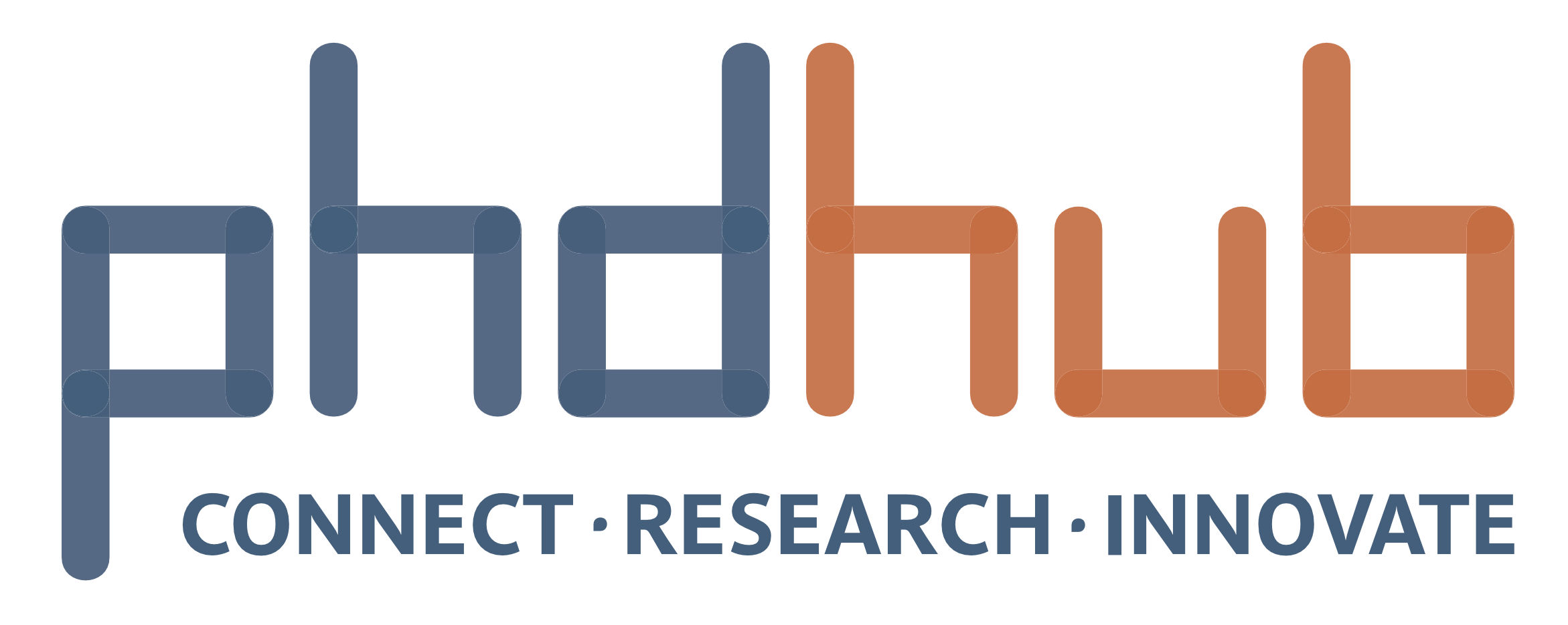In 2019, several events have been organised at the local PhD Hub with the aim to showcase the University research activities and leveraging current and future calls for proposals with Industry. They are the catalyst for the attractiveness of the local (/and European) doctoral education, cooperation with industry, industrial PhD tutors, PhD internships in companies, as well as the catapult to transfer research results and future proposals.
3 Event Ideas to Boost Inter-sectoral cooperation in PhD training
1. “The Business Breakfast”
Concept: This type of events takes place in a friendly atmosphere, around a coffee and some pastries, and is tailored for business representatives. The Business Breakfast focuses on the opportunities and benefits of industrial PhDs and developing on the funding schemes and support mechanisms that boost inter-sectoral cooperation. It opens a dialogue between Industry representatives, PhD candidates and researchers.

The University of Alcala’s Business Breakfast took place at the Chamber of Commerce in Madrid. Prof. Ignacio Bravo presented the European PhD Hub initiative and platform where the three types of roles i.e. business, academia and PhD candidates easily interact. Regional and national research agencies also contributed to showcasing regulations and support. The experience of three industrial PhDs reflected benefits and career prospects from the student’s viewpoint.
2. “Design Thinking Workshop”
Concept: Workshops targeting the informal interaction of the main stakeholders, making them engage in a collaborative design process are excellent tools for finding common interests and/or emergent research topics according to market challenges, as well as for identifying part incidents/issues (so, when needed, jointly find solutions), and for compiling best practises ultimately.

Birmingham City University Design Thinking Workshop for PhD/MPhil Students took place at STEAMhouse (Birmingham) Innovation Center. Specifically designed for PhD/ MPhil students, the workshop explored a user-centric perspective of what makes an effective supervision process and environment, including questions such as:
- What does effective supervision look like?
- How can the (interdisciplinary) learning environment be ‘optimised’ for postgraduate-level personal and academic development?
- How can supervisor and supervisee expectations, goals and ways of working be aligned?
Through following a typical process, participants learn about DT tools and processes while exploring a challenge and prototyping solutions. The workshop also provides an opportunity to network with like-minded people.
3. “PhD Hub Fest and contest”
Concept: The PhD Hub Fest offers businesses and other local bodies the opportunity to experience the creative talent emerging from the research students. Participants and attendees access informally the PhD candidates who are showcasing their project ideas on a (free access, when possible) exposition. A team of judges (invited from local industry, academics and other teaching staff members) assess the inventions on a variety of criteria that will rank the winners of a collection of prizes/awards on the different categories being evaluated such as health and safety, intelligent transportation, entrepreneurialism or social media recognition to name a few.

The contest Research4Industry 2019 offered Birmingham City University’s PhD candidates five to seven minutes to present a compelling oration on the significance of their research. Together with scientific and technical quality, this activity tended to promote their transversal skills such as oral and presentation skills; also this will give wider visibility to their work. A jury composed of industry and academic experts evaluated their pitch deck and awarded a number of 5 prizes to support the PhD students research activities for industry, as well as participants got an Approved PhD Hub Certificate.

